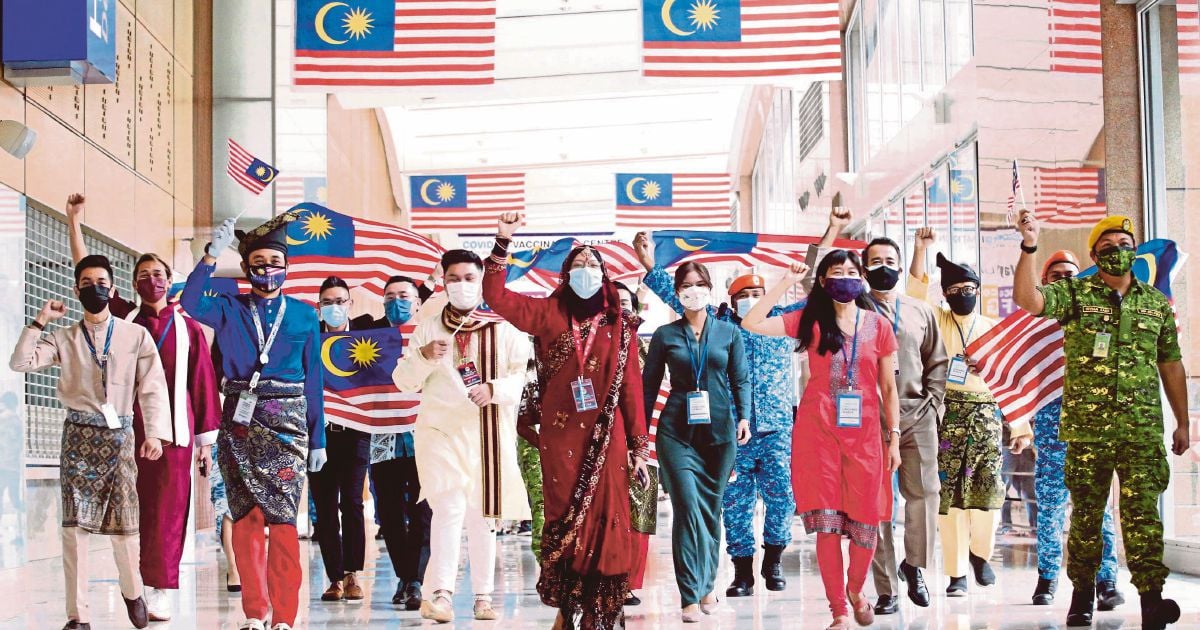“I have often been asked today by people, particularly the younger generation, if I have any reservations or regret on forming Malaysia and would I have acted differently if given the choice again?
“I told them: ‘None! Thank God for Malaysia’.”
This was the introduction, appropriately entitled “Lest We Forget”, by the late Datuk James Wong Kim Min, Sarawak’s colourful first deputy chief minister, one-time parliamentary opposition leader, a detainee under the Internal Security Act and a signatory of the Malaysia Agreement of 1963, to a book, The Birth of Malaysia, to commemorate the 30th Malaysia Day in 1993.
Wong continued: “But for Malaysia, the fate of Sarawak and its people would have been different today. Several ugly possibilities were possible (among which he had cited the communist insurgency in the state, Indonesian Konfrontasi and the state’s lack of financial resources), but we were spared from these unpleasantnesses; …we can all say that we have enjoyed and are still enjoying the fruits of Malaysia.”
It can be said now, 32 years later, that we are enjoying perhaps even greater fruits of Malaysia.
Prime Minister Datuk Seri Anwar Ibrahim this week officiated at the launch of the Sabah-Sarawak Link Road, the final link of the Pan-Borneo Highway — at over RM20 billion, easily the country’s most expensive single infrastructure project that is funded entirely out of the national budget.
Except for the initial few years after Malaysia Day in 1963 when political hiccups led to the dismissal of the first post-Malaysia state government in 1966, Sarawak has enjoyed remarkable political stability since 1973 under the so-far uninterrupted Parti Pesaka Bumiputera Bersatu state government.
The irony of what Wong penned for posterity in 1993 is that he was a prominent leader of the state’s first ruling party, the Sarawak National Party (SNAP), that coined the “Sarawak for Sarawakians” slogan.
It was a battle-cry for state political autonomy, something which resonates anew today.
Wong’s unabashed and heartfelt defence of Malaysia in 1993 was, therefore, all the more remarkable. He died in 2011, a year after Malaysia Day became a national public holiday following much clamour from Sabah and Sarawak for it to be so.
Thus, annual celebrations of Merdeka now officially run from Aug 31 to Sept 16 nation-wide.
There is even more reasons for the Borneo states to be glad about Malaysia today than in 1993.
Perhaps equally significant has been how Sabah and Sarawak have gradually seeped into the national political mainstream, culminating in the unprecedented appointment of Datuk Seri Fadillah Yusuf from Sarawak as deputy prime minister.
If Sabah can likewise be more politically united as Sarawak, both states will be even harder to miss on the national stage.
The path to fuller national integration is, of course, a two-way street. As Sabah and Sarawak make their presence more felt nationally, it should all be towards the national good, perhaps with a toning down of more parochial sentiments.
The rest of Malaysia must also take the desire of the Borneo states for greater political devolution as part and parcel of the country’s natural evolutionary process.
As Wong showed a generation ago, a desire for autonomy and love for Malaysia are not mutually exclusive.
* The writer views developments in the nation, region and the wider world from his vantage point in Kuching
© New Straits Times Press (M) Bhd






